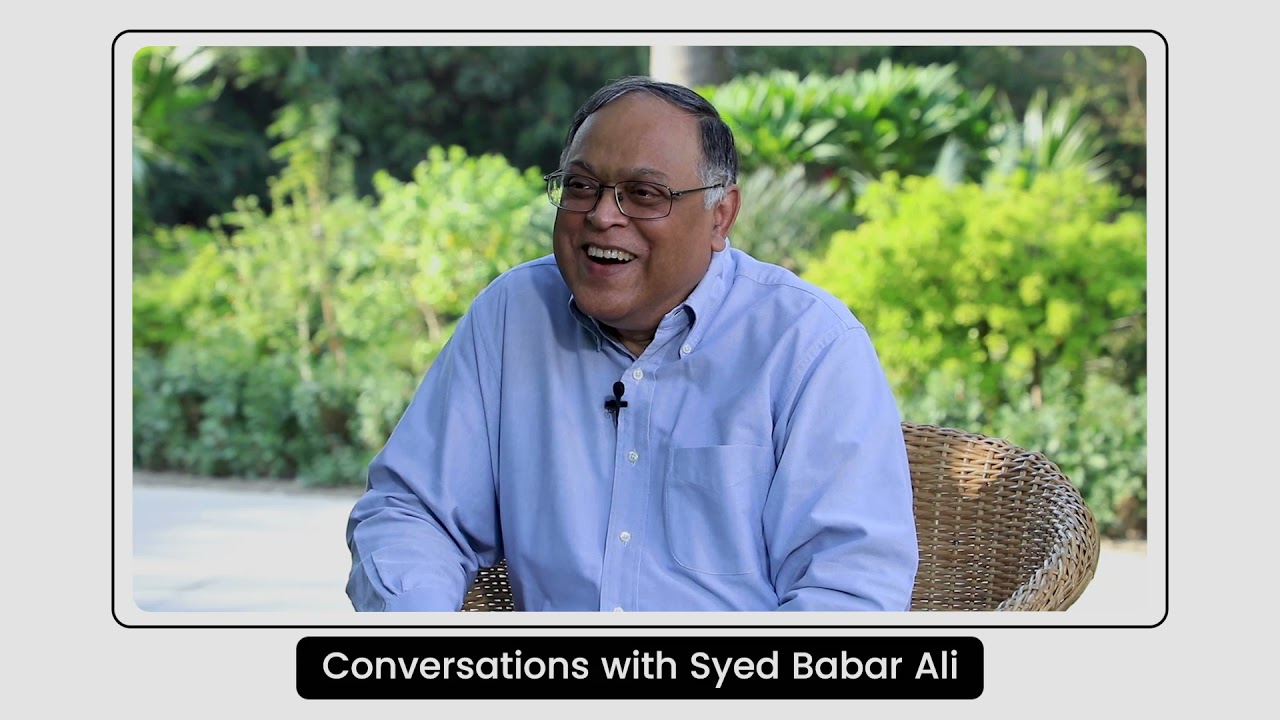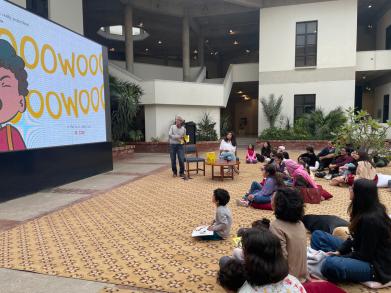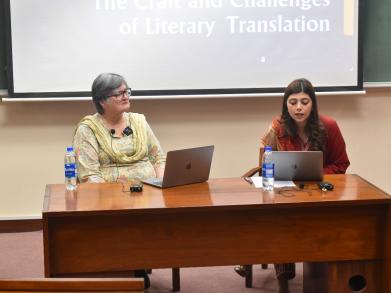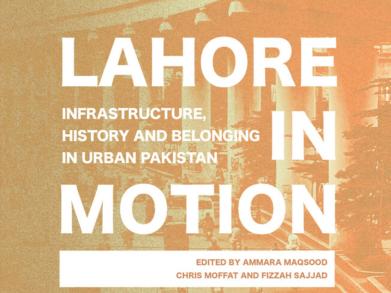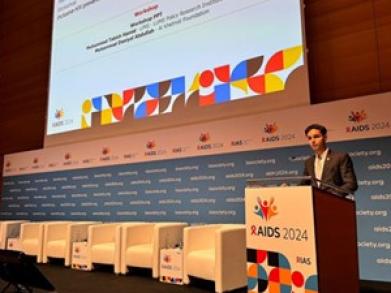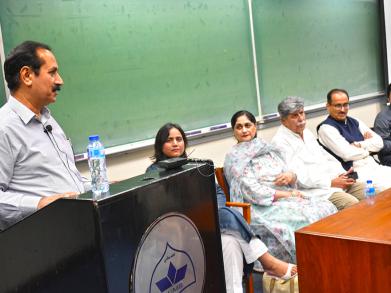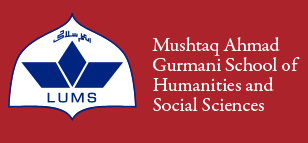Gurmani Centre for Languages and Literature Releases Latest Issue of its Annual Journal, Bunyād
The Gurmani Centre for Languages and Literature (GCLL) is pleased to announce the release of its annual Urdu Studies journal. The 11th volume of Bunyād (2020), continues to provide a platform for emerging academics to share innovative and current research with a global audience. The journal is devoted to disseminating cutting edge scholarship on Urdu literature, linguistics, criticism, literary history, and translation studies. Simultaneously, it aims to promote advanced research and globally recognised best practices in these fields. Recognised by the Higher Education Commission (HEC) of Pakistan under category ‘Y’, the journal features contributions by leading academics from across Pakistan as well as several international contributors.
The latest issue of Bunyād comprises 246 pages and features thirteen articles. It was edited by Nasir Abbas Nayyar, with Wajahat Rafiq Baig as its Managing Editor. The editorial prefacing the issue delineates the historical and epistemological contexts of the notion of Urdu Studies. This is the first time that this notion has been debated in any Urdu research journal. The featured articles address a wide array of themes including seventeenth, eighteenth, and nineteenth-century literary history, comparative analyses of nineteenth-century poetry, theoretical analyses of key twentieth-century prose writers, and contemporary linguistics and translation technologies.
Many of the articles in this volume offer new perspectives on literary histories of the eighteenth and nineteenth centuries. Mansour Sefat Gol (Tehran University, Iran) has shed light on the historical importance of the book, Majālis-e Jahāngīrī as a source on the darbārī culture of Mughal India. Rauf Parekh has reviewed the history of linguistic studies up to the eighteenth century. Sajid Siddique Nizami has explored the role of Christian preachers in the spread of Urdu prose during the first half of the nineteenth century. Hend Abdel Halim Mehfouz (Al-Azhar University, Egypt) has undertaken a comparative study of the poetry on the idea of ‘spring’ by Muhammad Iqbal and Ahmad Shawqi.
The volume also features scholarship on twentieth century Urdu prose and on literary translation into Urdu. Khalid Fayyaz’s article, ‘Cultural Psychology and Prem Chand’s Novel Ga’odān’ attempts to unravel the connections between the psychological behaviour of the novel’s characters and cultural patterns of the early twentieth century. Ambreen Salahuddin compares the main character of Khalida Hussain’s short story, Gung shehẓādī (mute princess) with the Greek mythological symbol of Medusa—through Helen Cixous's famous essay, ‘The Laugh of the Medusa’. Her article grounds itself in feminist theory on women’s consciousness as ‘feminine, female, and feminist consciousness’. Also writing on Khalida Hussain’s works, Muhammad Nasrullah analyses her short stories through the perspective of existentialism and psychological realism. Ilyas Kabeer offers a reading of Noon Meem Rashid’s seminal book, Īrān mēṅ Ajnabī through a postcolonial perspective. Sarwarul Hoda (Jamia Millia Islamia, India) has explored how Nasir Kazmi envisages Mirza Ghalib as compared to Mir Taqi Mir. Zia ud Din Baba has analysed the effectiveness of dramatic effects, and the historic incidents documented in Bakhtiar Ahmad’s television play, Muqadamā-e Kashmīr. Furthermore, Shaista Hassan has given a historical account of Urdu translations of Jorge Luis Borges’ stories and investigated the extent to which these translations are successful in capturing the meanings embedded in his labyrinthine style.
Other topics addressed in this issue include linguistic analysis and contemporary translation technologies. Tariq Hashmi’s article, ‘Urdu, Special Persons and the Narrative of Discrimination’ illustrates how discriminatory, ableist ideas have been transmitted through derogatory words and idioms commonly used in Urdu language and literature. Safdar Rasheed’s descriptive study of machine translation from English to Urdu offers important insights into the place of technology in literary translation in contemporary times.
You can read the current edition of Bunyād here
All previous issues of Bunyād are also available here





